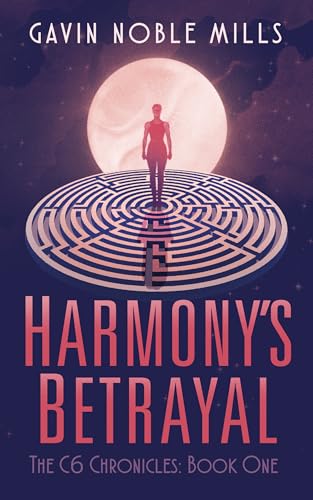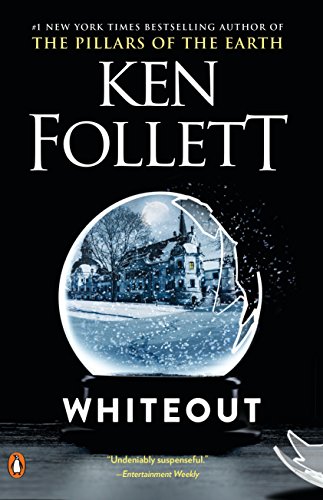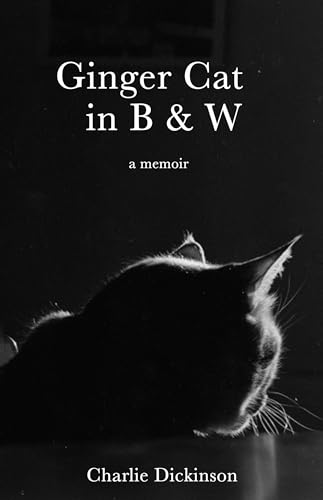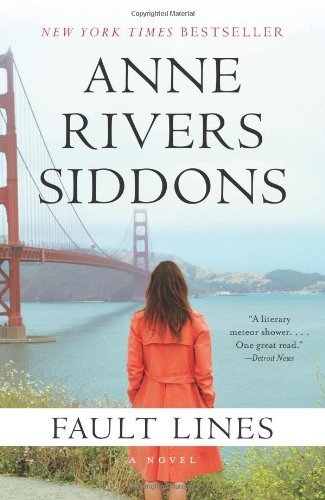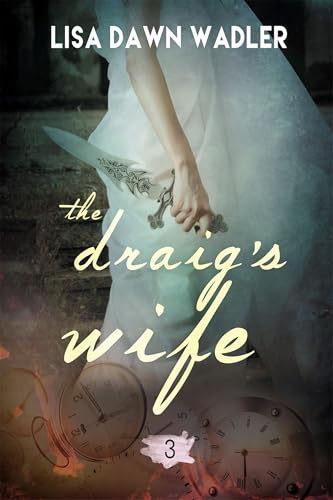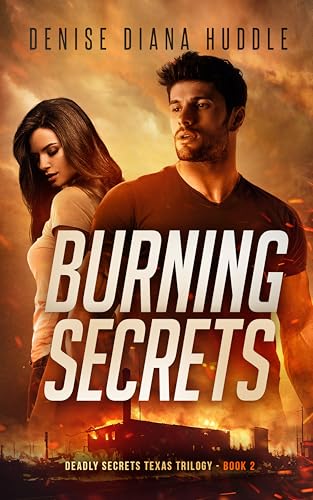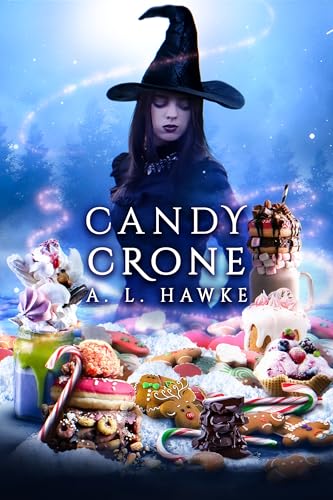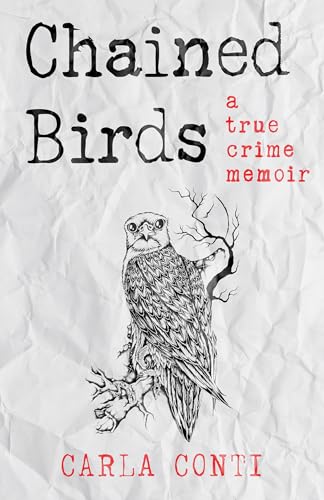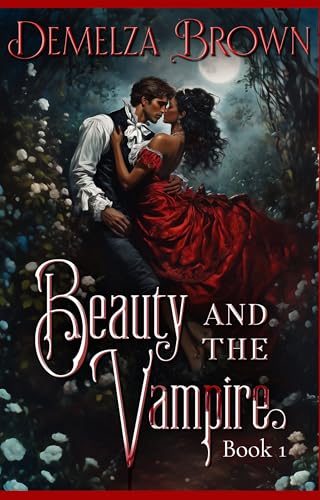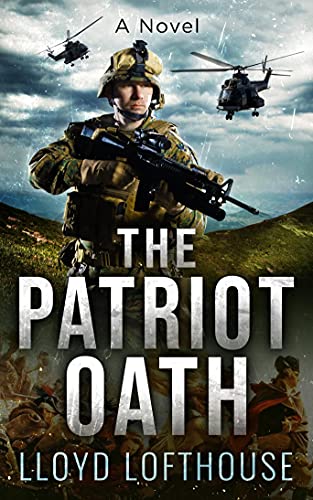 In today’s Publetariat Dispatch, author and small publisher Alan Baxter talks about adults reading what’s officially termed ‘Young Adult’ fiction. Warning: strong language.
In today’s Publetariat Dispatch, author and small publisher Alan Baxter talks about adults reading what’s officially termed ‘Young Adult’ fiction. Warning: strong language.
Like so many people, I’ve just read The Hunger Games. I read it because I wanted to know what all the hype was about. The books on their own were a big success, then big budget movie moguls took them on and the production company engaged in a massive online hype campaign. Also, a friend suggested I read them, as he thought they were pretty good. So I did. Meh.
I probably won’t go to see the movie, but, in case I did, I wanted to read the book first. The book is always better than the film, after all. And so many people have waxed lyrical about The Hunger Games, I thought it must be worth a try. In all honesty, I was underwhelmed at first. The book drags interminably with an unnecessary amount of worldbuilding and backstory. It’s called The Hunger Games, for fuck’s sake – the games really should start before I’m halfway through the book. They do, just, at around the 40% mark or so, but that’s way too late. I was moaning online about it and one person said, and I paraphrase, “Yeah, I read that book. I’m sure there’s a pretty good novella in there somewhere.”
That was a fairly accurate comment. However, when the games got underway, and kids were running around trying to survive and kill each other, my interest was hooked. In case you’re wondering what the hell I’m on about, The Hunger Games is the story of a post-apocalyptic kind of future where the masses are entertained every year with one boy and one girl from each of twelve districts dumped into a wilderness arena where they have to hunt and kill each other for televisual shits and giggles. There can be only one and so on. Also, if you haven’t heard about The Hunger Games, how’s that rock you’re living under?
So, as I said, the games themselves were good. It was interesting stuff, exciting in its own way and I finally found myself enjoying the story. I could understand what some of the fuss was about. It wasn’t brilliant, certainly not worth the level of hype, but it was pretty good. That first 40% of the book, however, should really have been, at most, 10%. The whole thing would have been much better. And as a book for young adults, it doesn’t need to be a huge tome.
So I could kind of understand where the affection for the books came from. Whether I’ll bother with parts two and three remains to be seen. While I ended up enjoying the last half of the book on a very superficial level, it didn’t take away from the many, many flaws. The vast majority of the worldbuilding and the concepts on which the entire story is built are very contrived. There’s a lot of forced convenience in the telling. But this is okay when you’re just having a casual read. It’s not claiming to be anything else.
The dicussion on Facebook also raised another point, when someone said, essentially, “You’re reading a book for children, so you should be bored”.
I was astounded at that. There’s a vast chasm between writing/storytelling that is simpler and less sophisticated than adult fiction and writing/storytelling that is boring. Kids get bored too. To suggest a book for teens should bore an adult is asinine. It would bore a child too. A story aimed at a teen/YA audience certainly won’t have the depth and complexity of an adult novel, but should still be an engaging and entertaining story. When you read something like Harry Potter or His Dark Materials, there’s nothing boring about those. Except the last Harry Potter book, which should have been called Harry Potter And The Interminable Emo Camping*. Seriously, that book should have been half the size and it would have been great. But that’s a whole other rant.
The Harry Potter stories and the Dark Materials books are not boring, even though they’re aimed at a YA audience. They’re interesting and well-paced throughout, and they deal with subjects which challenge the thinking of their YA audience, just like YA fiction should. We should never write down to young people – they’re smarter than you might think. The Hunger Games deals with themes which should challenge YA readers too – kids as young as 12 running around killing other kids as young as 12 for sport, for instance. The whole premise of the book seems well outside a YA purview. Perhaps that very fact alone is what’s made The Hunger Games so popular. And that story, contrived and flawed though it may be, isn’t boring. The first 40% of the book is boring, however, and it shouldn’t be. To suggest we ought to find it boring as adults reading YA is ridiculous.
It should simply have been a shorter book, with all that worldbuilding and backstory tightened right up so that we got into the excitement of the Games themselves sooner. At least, that’s my opinion. And you all know how much I like to share an opinion.
SPOILER AHEAD!
One more thing before I go – I have one MAJOR issue with this story. I’ve saved this for the end, because it’s a real spoiler if you haven’t read the book. So, if you want to read it, maybe you should skip this last bit. I mean, the whole story is utterly predictable from the outset. That’s the lack of sophistication I was talking about earlier, which doesn’t have to be boring in a well-written story. But…
We know damn well that Katniss is going to survive. We know almost certainly that Peeta will survive too, somehow, or die doing something to ensure Katniss survives. From the very opening scenes, we know how this thing is going to play out, but we’re happy to go along for the ride.
There are several problems with it, which I really can’t be bothered to go into now any more than I have already and, in truth, it doesn’t matter. I still enjoyed the book and I’m glad it’s popular and getting young people reading. Top work.
But, right towards the end, there’s a surprise twist thrown in that’s just fucking mental. What the holy god-dancing shit is that thing with the dead tributes all coming back as werewolves? Or something. Seriously, what the shit, Suzanne Collins? All these kids had been killed in various ways. Many of them we don’t know how they died, but they did. Then they’re suddenly all werewolves come out to screw around with the final battle between our heroes and the one surviving tribute. It’s utterly bizarre. Why are they werewolves? How are they werewolves? What the fuck is the point in suddenly throwing that in at the end?
Sure, if you wanted some extra excitement, throw in some random attacker to mess with the balance of things. Even a pack of genetically modified wolves or something. But why the dead kids from before? Dead, remember? No longer freaking living.
And, just as a matter of detail, if Katniss, Peeta and Cato hadn’t managed to get onto the Cornucopia and have their last little scrap up there, that pack of wolfchildren would have torn all three of them to pieces and there would have been no victor, so letting those werekids out at all makes no sense.
Anyway, I’ll stop ranting now.
* I can’t take credit for that title. I can’t remember where I heard it, but it’s perfect.
This is a reprint from Alan Baxter‘s The Word.

